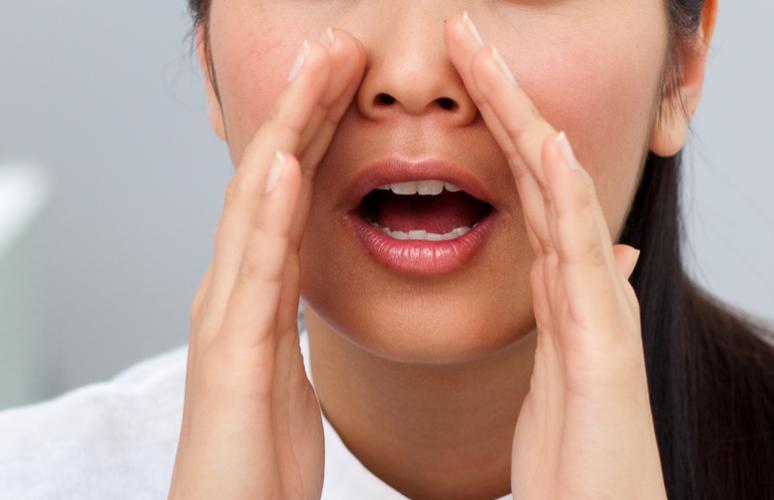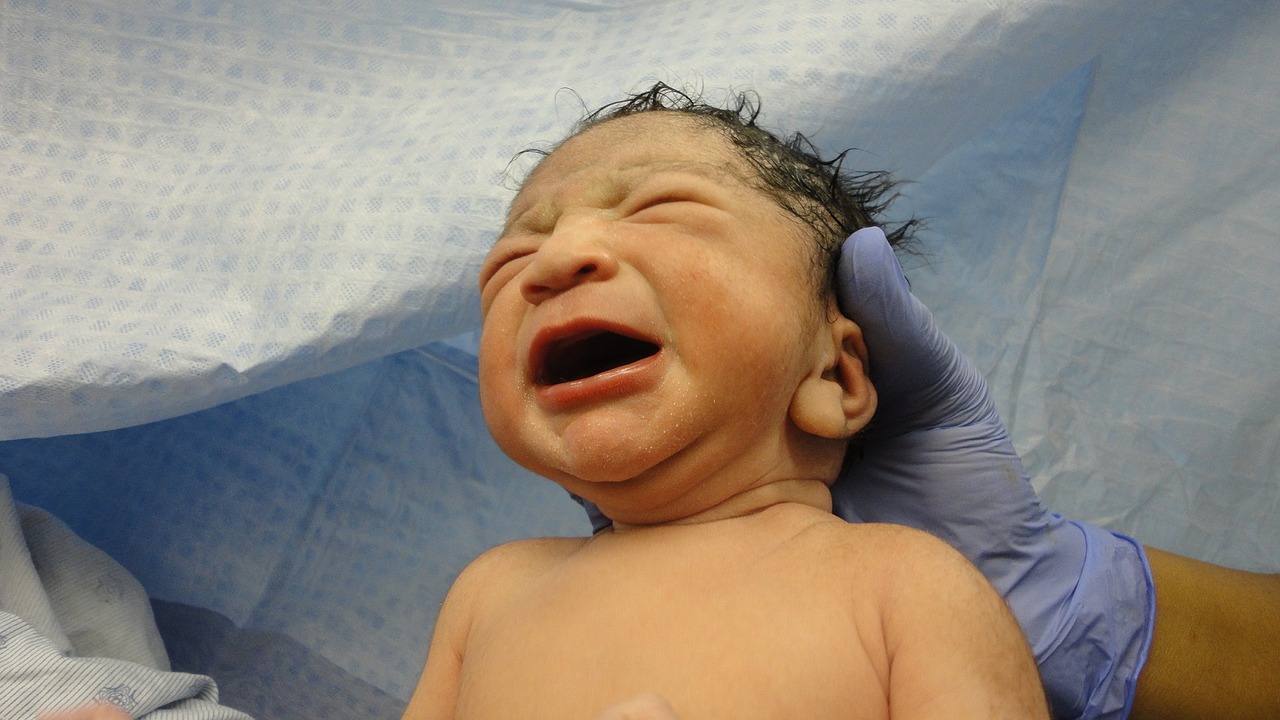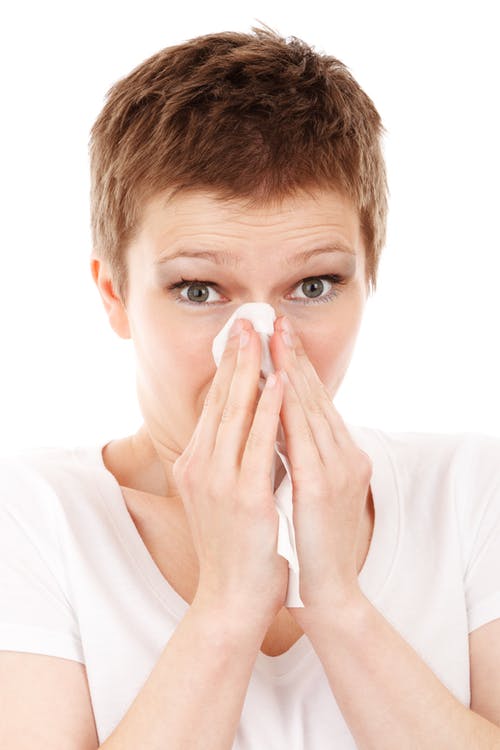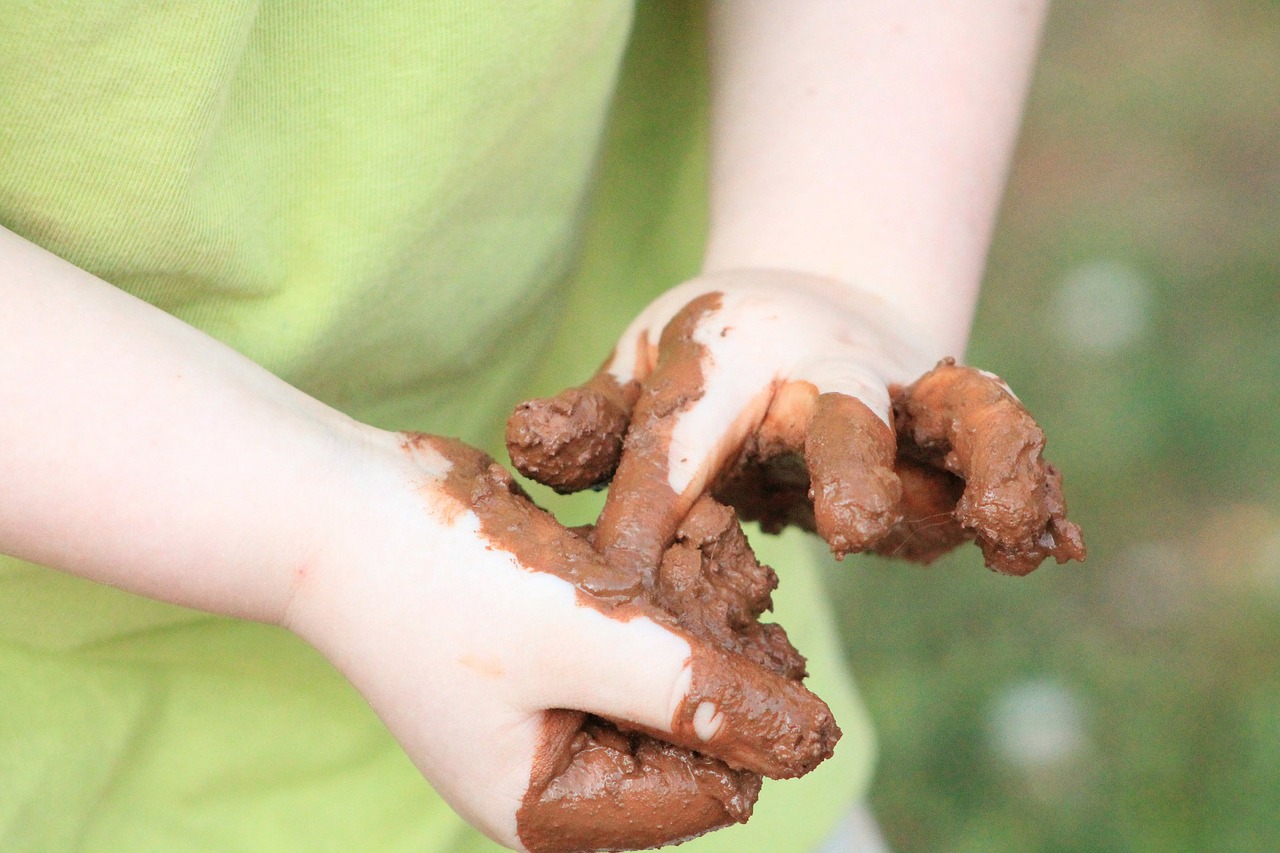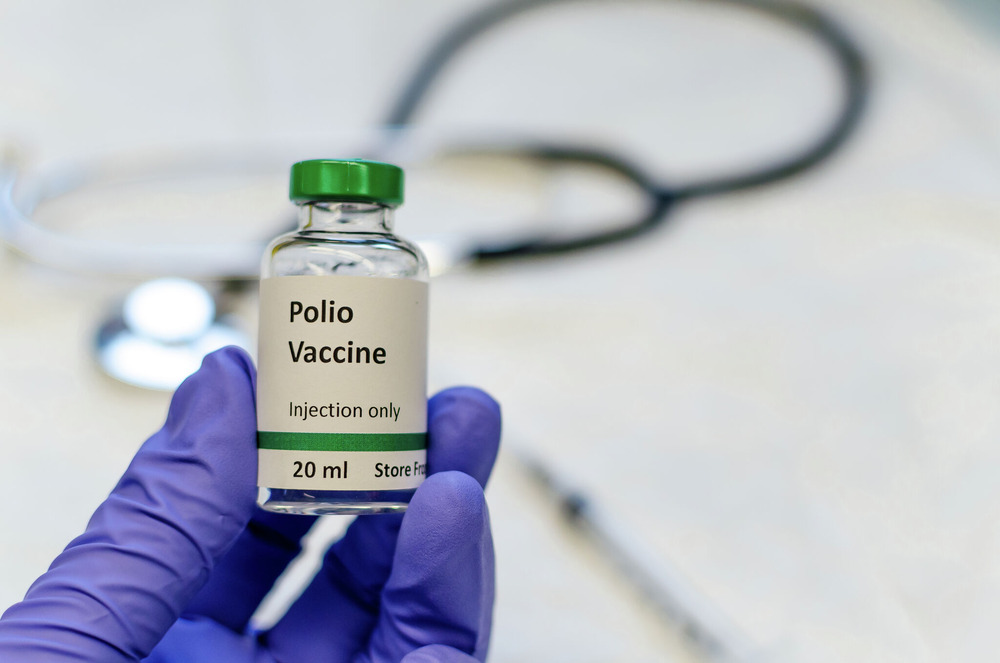Dr Muhammad Saleem Paryani, a pediatrician at Royal Institute of Medicine and Surgery(RIMS), Karachi talks about allergies in children
SN: What is allergy?sni
Allergy is a reaction to certain substances in the environment which are harmless to most of the people. It occurs when the immune system becomes confused and instead of ignoring harmless substances (proteins), triggers a reaction. This leads to the release of histamine; a chemical that causes allergy symptoms.sni
SN: Do allergies run in families?sni
The tendency to develop allergies is often hereditary; passed down through genes from parents to children. But some children have allergies even if no one in their family suffers from them. Similarly, if a child is allergic to something, it is not necessary for the sibling to have similar problem.sni
SN: Are children born with allergies or develop them with time?sni
Allergies usually appear earlier in life and stay lifelong. But they can develop at any point in life. Some appear with time. For example, each allergic individual has a threshold that must be reached before an allergen causes a reaction. This process can take months or years. So, if the child inherited the tendency to be allergic to cat dander, the first few months of exposure may not cause any trouble. A mild reaction is possible as well. But when exposure level reaches the child’s threshold, immune system will initiate a severe reaction.sni
| Children allergic to one thing are often allergic to others like those with latex allergy are more likely to be allergic to kiwi and avocados |
SN: Why do some children develop allergies over time?sni
Family history puts an individual at higher risk of developing allergies with time. For example, a common reason for getting new seasonal allergies is moving from one geographic region to another. An individual may develop allergies when he moves to a new place and gets exposed to new plants and trees.sni
SN: Can a child suffer from more than one allergy at a time?sni
Yes, children allergic to one thing are often allergic to others. Some have cross-reactions like those sensitive to birch pollen might get allergic reaction from apple as it contains a protein similar to the one in pollen. Also those with latex (white liquid produced by some plants) allergy are more likely to be allergic to kiwi, chestnuts, avocados and bananas. The reason behind this not clear yet.sni
SN: What are the most common indoor and outdoor allergies in children?sni
Indoor substances that may trigger an allergic response include dust mites, mold, pet dander or feathers, pollen and cockroaches. Outdoor allergies are sometimes called air or seasonal allergies. The most common of them are due to pollen and molds. Other examples include street animals, air pollution and insect stings.sni
| Most common allergies found in children are food allergy, eczema (skin allergy), asthma, hay fever and anaphylaxis |
SN: What are the common types of allergies in children?sni
Various allergies are found in children. But the most common ones are food allergy, eczema (skin allergy), asthma, hay fever and anaphylaxis (life-threatening reaction to a trigger).sni
SN: Can all food items cause allergies? Also what other things can cause allergic reaction?sni
Any food can lead to an adverse reaction. However, those responsible for about 90 percent of all reactions include eggs, milk and dairy products, peanuts, tree nuts like walnuts, fish, shellfish (shrimps, lobster and crab), wheat, soy and sesame. Other things that may cause mild to severe allergic reactions are medicines, detergents and cosmetic products etcetera.sni
SN: How serious can food or other allergies get?sni
Symptoms can vary from mild to moderate to severe and even life-threatening.sni
SN: What is the difference between food allergy and food intolerance?sni
Food intolerance means the inability of body to digest food properly. In this case particular food may irritate the digestive system. Nausea, gas, cramps, belly pain, diarrhea, irritability or headaches are some symptoms of food intolerance. It can also lead to poor growth of the child. On the other hand, food allergy affects immune system. Even small amounts of the particular food can cause symptoms, which can be severe or life-threatening.sni
SN: What can we do at home to relieve allergy symptoms?sni
Yes, but it depends on severity and site of allergic reaction. For instance, parents can apply cold packs and antihistamine (anti-allergy) cream on the affected area in case of mild reaction. Symptoms of mild reaction include itchy and slightly swollen skin, red bumps on the body and change in skin color. Avoid scratching.sni
In case of itchy and watery eyes, wash them with cold water. Avoid rubbing them. To get rid of sneezing and stuffy or runny nose, rinse the nose with cold water or normal saline solution. Use nasal decongestant spray according to the child’s age. Oral antihistamine (anti-allergy) medicine can be given in above situations. Also seek professional help.sni
For severe allergic reaction, use an epinephrine auto-injector right away as directed and seek immediate medical help. Never use antihistamine in this case. Swelling in mouth or tongue, trouble swallowing, speaking or breathing, wheezing sound while breathing, belly pain, nausea, vomiting, diarrhea, dizziness or fainting are examples of severe reaction.sni
SN: What are the tests to diagnose allergies? Also what should parents know about these tests?sni
Skin prick test, intradermal test, patch test, blood test and provocative test (allergens are applied externally on the affected area) can be used to diagnose allergies. Doctors recommend the appropriate test after taking history and doing physical examination. Parents must follow doctor’s advice before getting the child tested. It might include avoiding certain medicines three to seven days prior to testing in case of skin or provocative test. For diagnosing food allergy, child might have to fast before the test.sni
SN: How many times a kid needs to be exposed to an allergen to label him allergic?sni
Usually after three positive provocative tests, a child is labeled as allergic to that particular allergen.sni
SN: What are the treatment options?sni
There are different treatments. Medicines can help reduce immune system reaction and ease symptoms. Doctors can recommend non-prescription (antihistamines) or prescription medication. It can be in the form of pills, syrups, nasal sprays or eye drops. Immunotherapy can be recommended in case of severe allergies or allergies not completely relieved by other treatments. This process involves giving a series of injections containing purified allergen extracts to the patient for few months or years. It is an effective process that can increase immunity to an allergen.sni
Then sublingual drugs (dissolvable tablets placed under tongue) are used to treat some pollen allergies. Epinephrine injections can reduce the symptoms of severe allergic reaction until the patient gets emergency treatment.sni
| According to the US Food and Drug Administration, children under age of two should not be given any type of decongestant or antihistamine |
SN: Is it safe for the children to use anti-allergy medicine?sni
Not all formulations and dosages are safe for all ages. According to the US Food and Drug Administration, children under age of two should not be given any type of decongestant or antihistamine. This is due to potentially serious and life-threatening side effects like convulsions, rapid heart rate and death. Moreover, there is no specific standard to suggest when and for how long children can use anti-allergy medicine.sni
SN: Should one use an anti-allergy after the symptoms appear or before?sni
It depends on the type of allergy and severity of symptoms. Those who tend to get seasonal allergies must begin medications a few weeks before symptoms typically appear and continue taking them every day.sni
SN: How are the effects of anti-allergy different from antihistamines?sni
Antihistamines reduce or eliminate the effects mediated by histamine and produce a therapeutic effect. Whereas anti-allergic drugs stabilize mast cells and thus prevent release of histamine. Mast cells help control how the immune system reacts to certain bacteria and parasites.sni
SN: What can be done to reduce the side effects of anti-allergies?sni
Follow the doctor’s advice. Go through the leaflet of information provided by the pharmacy. Also always record and report any untoward effect a child experiences after taking the medicine.sni
| Allergy shots are over 90 percent effective when given properly. Clinical studies prove that they can reduce allergy symptoms and medication use |
SN: How effective are allergy shots compared to other treatment options?sni
Allergy shots are over 90 percent effective when given properly. Clinical studies prove that they can reduce allergy symptoms and medication use. Also prevent new allergies and asthma in children and promote lasting relief even after treatment is stopped.sni
SN: When is the child eligible for receiving allergy shots?sni
Children who are unable to avoid allergens completely or partially, medications cannot control their condition or are prone to life-threatening reaction should get these shots. Most experts believe that children at least five years of age can usually tolerate them.sni
Click on the link to watch Doctor’s video regarding allergy shots: https://youtu.be/VALMasN2cX0?si=F0N4v-K-yH-PfQEI
SN: Is there any cure for allergies?sni
Symptoms of allergies can be controlled with treatment but they cannot be cured. For this one needs to make few changes in the surroundings or figure out how to stay away from things that trigger the symptoms.sni
SN: Is it true that a few types of allergies go away as the child grows? If yes, what are they?sni
Yes, it is possible for some children to outgrow allergies naturally. This occurs when the body develops tolerance to an allergen with frequent exposure. Examples are milk, egg, wheat and soy allergy. Other food allergies like peanuts, tree nuts, fish or shellfish tend to remain lifelong.sni
SN: Is it true that prevalence of allergies has increased over time?sni
Yes, the rate has increased. It is difficult to point out a specific reason for this. Several theories suggest it is due to hygiene hypothesis (an idea that children need to be exposed to germs to develop healthy immune systems), diet, increased exposure due to travelling and pollution.sni
One should never take allergy symptoms lightly. Seek professional advice as soon as possible. Also know their allergens and medications.sni



